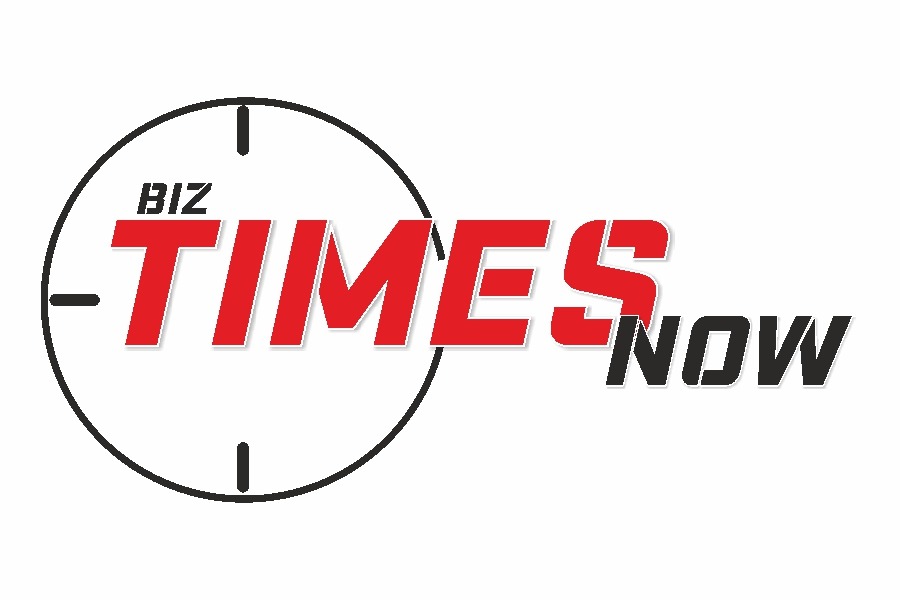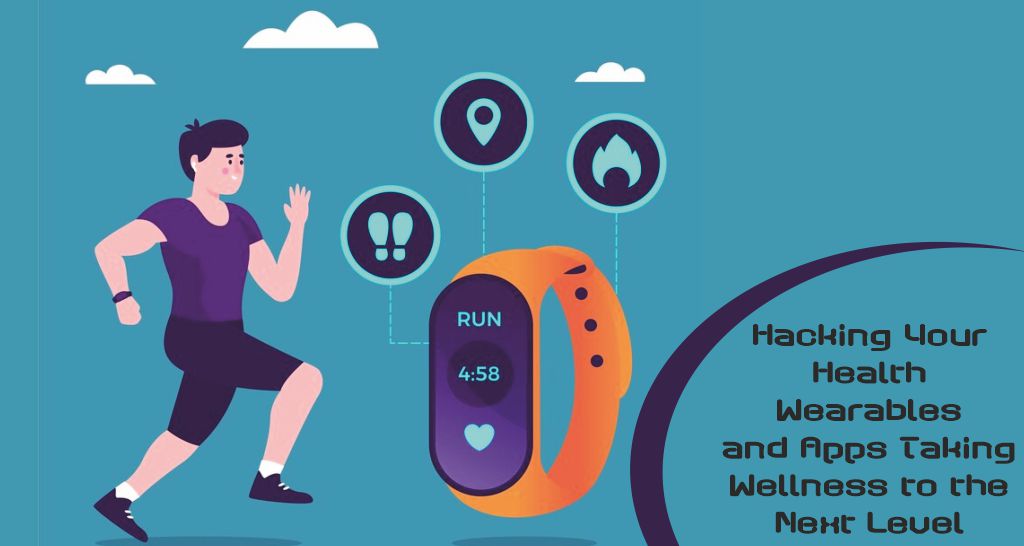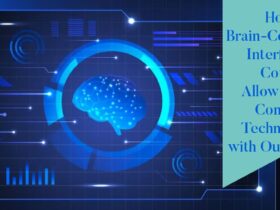The human body is an incredibly intricate and captivating system. Thanks to the rise of wearable technology and health-focused apps, we now have unprecedented insights into their functions and the ability to enhance their performance. The “quantified self” movement is transforming healthcare, giving individuals the power to proactively manage their health and achieve a higher level of well-being.
A New Era of Wearables: Revolutionising Health with Style
Wearables, including smartwatches, fitness trackers, and health monitoring devices, have become incredibly common in our society. These cutting-edge accessories have transformed into all-encompassing health companions, going beyond just telling time or counting steps. These days, wearables come packed with a variety of sensors that give you a complete picture of your health. From heart rate monitors to GPS and accelerometers, these devices have got you covered.
Wearables have become an essential part of our lives, allowing us to monitor our health in real-time effortlessly. Monitoring your heart rate, sleep patterns, physical activity, and more has never been easier. Gain a comprehensive understanding of your overall health with ease. Wearables can serve as proactive health partners by constantly providing a stream of data. They can alert users to potential issues and offer personalized recommendations for improvement.
Apps: Your Health Coach at Your Fingertips
Companion applications are crucial in interpreting the continuous stream of health data provided by wearables. Health-centric apps serve as virtual personal trainers, dieticians, and wellness coaches, transforming raw data into practical advice. These apps use advanced technology to analyze trends, predict patterns, and offer personalized recommendations, revolutionizing how individuals approach their well-being.
These apps cover a wide range of health-related needs, from tracking daily calorie intake to providing personalized workout routines. Some apps utilize machine learning to adapt and evolve based on user feedback, ensuring a dynamic and responsive user experience. Health apps offer a range of valuable features, including push notifications, goal setting, and progress tracking. These features help users stay accountable and motivated on their wellness journey.
Unleashing the Power of Data: A Guide to the Quantified Self
With the rise of wearables and health apps, a new trend has emerged: the “quantified self.” This involves people actively gathering, studying, and using personal data to improve their health and performance. With this approach, users can gain deep insights into their habits, preferences, and physiological responses, giving them the power to make informed decisions about their well-being.
Quantified self-enthusiasts often explore various activities, such as biohacking and experimenting with lifestyle modifications, using the data collected from their wearables and apps. One way to achieve peak physical and mental performance is by making adjustments to sleep schedules, dietary habits, and exercise routines. The quantified self-movement signifies a significant change in the healthcare approach, shifting from reactive to proactive self-management. It focuses on prevention and optimization rather than treatment.
Exploring the Intersection of Technology and Well-being
Although the incorporation of technology into health and wellness has undoubtedly led to significant advancements, it is not without its fair share of obstacles. It is essential to carefully consider concerns about privacy, data security, and the potential for information overload. Finding the right balance between using technology to improve health and respecting personal boundaries is essential for the ethical and responsible use of these tools.
In addition, the widespread availability of these wearables and apps brings up concerns about fairness in healthcare. These advancements could widen existing health disparities, as only some have the financial means or technological literacy to take advantage of them. To tackle these challenges, technology developers, healthcare professionals, and policymakers must work together and make sure that everyone can access the benefits of health tech.
Exploring the Future of Digital Health
The future of digital health is filled with immense promise as technology continues to advance. Wearables and health apps are poised to reach new levels of sophistication with cutting-edge sensors, advanced artificial intelligence, and seamless integration with other smart devices. The combination of wearable technology and telemedicine has the potential to revolutionize the doctor-patient dynamic, allowing for customized and remote healthcare options.
Moreover, the emergence of preventive healthcare models, driven by wearable devices and mobile applications, has the potential to redirect attention from treating diseases to maintaining overall well-being. The potential of machine learning algorithms to enhance health risk prediction is immense. With their evolving capabilities, they can enable early intervention and personalized preventive strategies, revolutionizing healthcare. The future landscape of digital health will be shaped by the collaborative efforts of healthcare professionals, tech innovators, and policymakers.
Health Hacking Challenges
Although hacking your health can offer numerous advantages, it’s essential to be aware of the potential challenges that may arise. Here are a few of the typical obstacles that people often encounter:
- Privacy concerns: Many individuals have expressed apprehension regarding the confidentiality of their health information. It’s crucial to select wearables and apps with robust privacy policies.
- Overwhelmed by data: Keeping track of the vast amount of information collected by wearables and apps can take time and effort. It’s crucial to prioritize the data that aligns with your health goals.
- Pricing: Certain wearables and apps may come with a higher price tag. Fortunately, there are plenty of budget-friendly choices to consider.
In general, utilizing wearables and apps to enhance your health can be a potent method for managing your well-being. Tracking your health data and making informed lifestyle changes can significantly enhance your overall health and well-being.
Conclusion
Ultimately, the combination of wearables and health apps has brought about a fresh approach to taking charge of one’s health, empowering individuals to monitor and improve their well-being actively. With cutting-edge advancements in technology, users are now able to monitor their health in real-time and receive personalized recommendations, giving them the power to take charge of their health journey. As we explore the ever-changing world of digital health, it’s crucial to tackle obstacles, prioritize accessibility, and embrace the exciting potential of technology to transform our approach to wellness. Embrace the potential of wearables and apps to revolutionize your health and embark on a lifelong journey of well-being.














Welcome To Biz Times Now
Welcome to Biz Times Now, the leading business magazine dedicated to providing invaluable insights and strategic guidance to top-level executives and managing personnel.